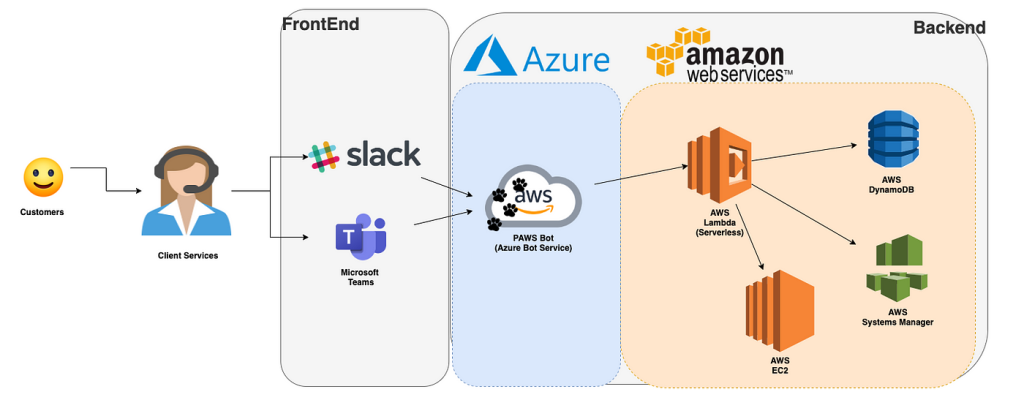
The ChatOps landscape continues to evolve rapidly in 2024, driven by the increasing popularity of communication platforms like Slack, Microsoft Teams, and Discord. Here’s a breakdown of some of the top contenders, categorized by their unique strengths:
All-round platforms:
- Slack: The established leader, Slack offers a familiar platform with extensive integrations, a thriving app marketplace, and robust automation capabilities.
- Microsoft Teams: Tightly integrated with the Microsoft ecosystem, Teams excels in enterprise environments with built-in security and compliance features.
- Discord: Popular for its community-driven focus and customizable interface, Discord caters to diverse needs, from small teams to large organizations.
Open-source champions:
- Mattermost: A secure and self-hosted alternative to Slack, Mattermost offers customization and control for privacy-conscious organizations.
- Rocket.Chat: Open-source and customizable, Rocket.Chat boasts a growing community and comprehensive features for team communication and automation.
Automation powerhouses:
- Huginn: Built on Ruby on Rails, Huginn allows for complex automation through custom agents and integrations, tailored to specific workflows.
- ChatterBot: Known for its natural language processing capabilities, ChatterBot enables human-like conversations with custom chatbots within your chosen platform.
- Hubot: A popular Node.js-based bot framework, Hubot offers flexibility and a large community for developing custom bots for various tasks.
Cloud-native and serverless solutions:
- Opsgenie: Designed for IT operations and incident management, Opsgenie integrates seamlessly with ChatOps platforms for on-call notification and collaboration.
- VictorOps: Focused on incident alerting and response, VictorOps integrates with various platforms and offers features like escalation policies and on-call scheduling.
- PagerDuty: Another popular incident management platform, PagerDuty integrates with ChatOps tools for real-time alerts and team collaboration.
Considerations for choosing a ChatOps tool:
- Communication platform preference: Are you already established on a specific platform like Slack or Teams, or are you open to exploring alternatives?
- Automation needs: How complex are your desired ChatOps tasks? Do you need simple commands or intricate workflows?
- Security and compliance: Are data privacy and regulatory compliance essential factors for your organization?
- Budget and technical expertise: Are you looking for a free and open-source solution, or are you willing to invest in a commercial tool with technical support?
The ideal ChatOps tool depends on your specific needs and preferences. Carefully evaluate your requirements and compare the tools to find the perfect fit for your team’s communication and automation goals.
Say goodbye to the hassles of bike ownership! MotoShare.in offers affordable rentals, whether you need a scooter for errands, a bike for a road trip, or a reliable ride to explore new cities.

 Starting: 1st of Every Month
Starting: 1st of Every Month  +91 8409492687
+91 8409492687  Contact@DevOpsSchool.com
Contact@DevOpsSchool.com
